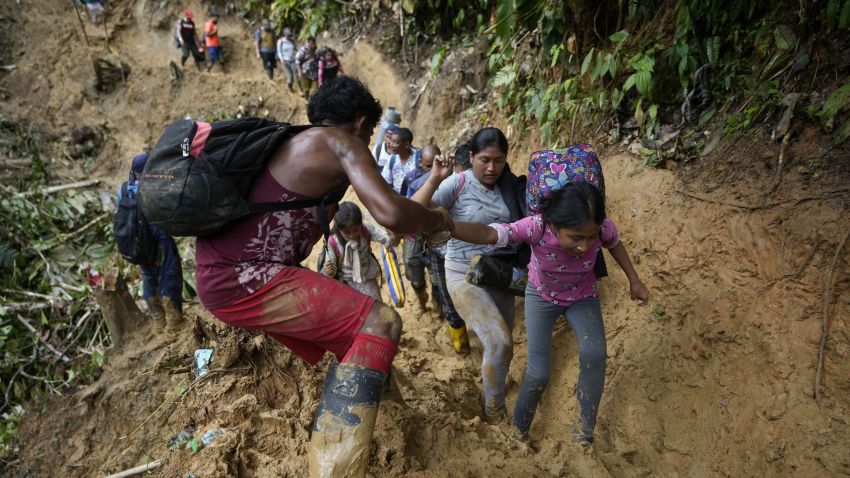In July, four years after making a new life for himself in Peru, Enderson Contreras was preparing for his departure. In 2018, the 25-year-old Contreras had left behind increasing violence and a collapsing economy in his home country of Venezuela. Now life in Peru had also become too hostile.
Earlier this year, a group of Peruvian men had begun to harass him as he walked home in Lima, Peru’s capital city, calling him a thief and telling him to go back to his own country. Months later, the same group shattered the glass door of his home, where he lived with his girlfriend and her son. Then they attacked him with an iron bar as he rode past the group on his motorcycle, grazing his leg. He called the police, but without any way to identify the suspects, he was told they couldn’t file a report.
“I couldn’t keep risking my life,” said Contreras. But he also couldn’t go back to Venezuela, where he would face rampant unemployment and poverty. With few other options, he sold most of his belongings and embarked on the transcontinental journey north by bus to the United States.

